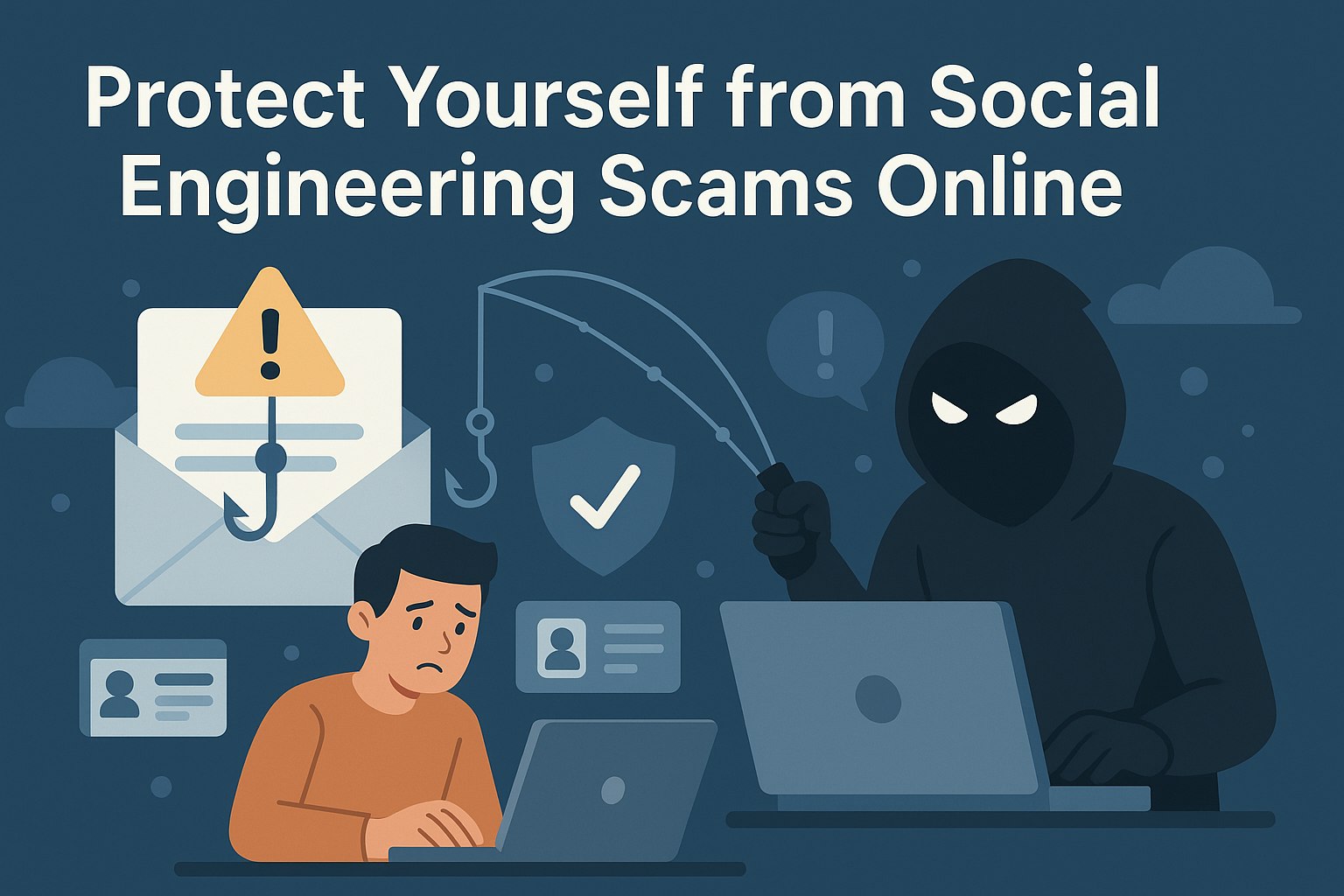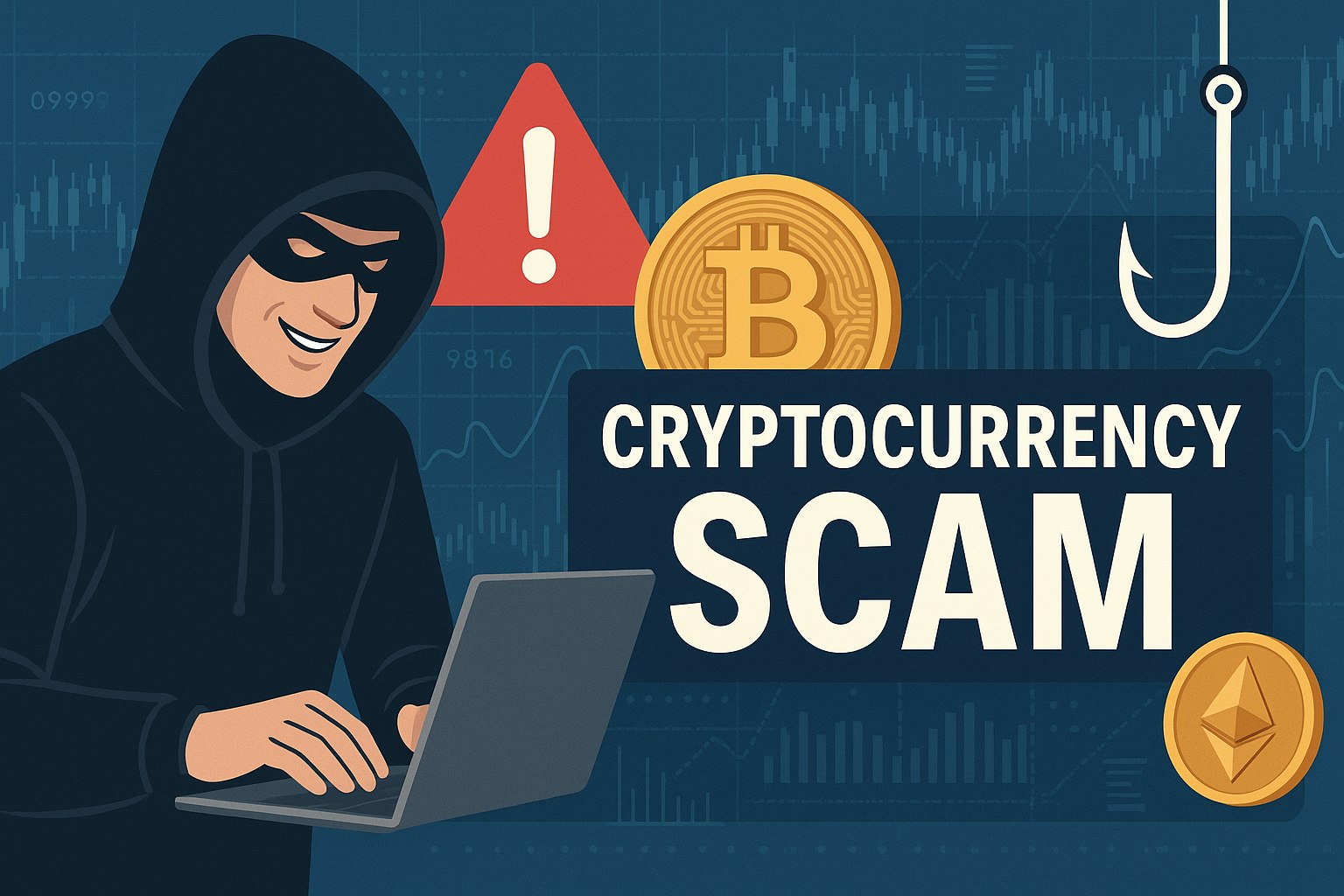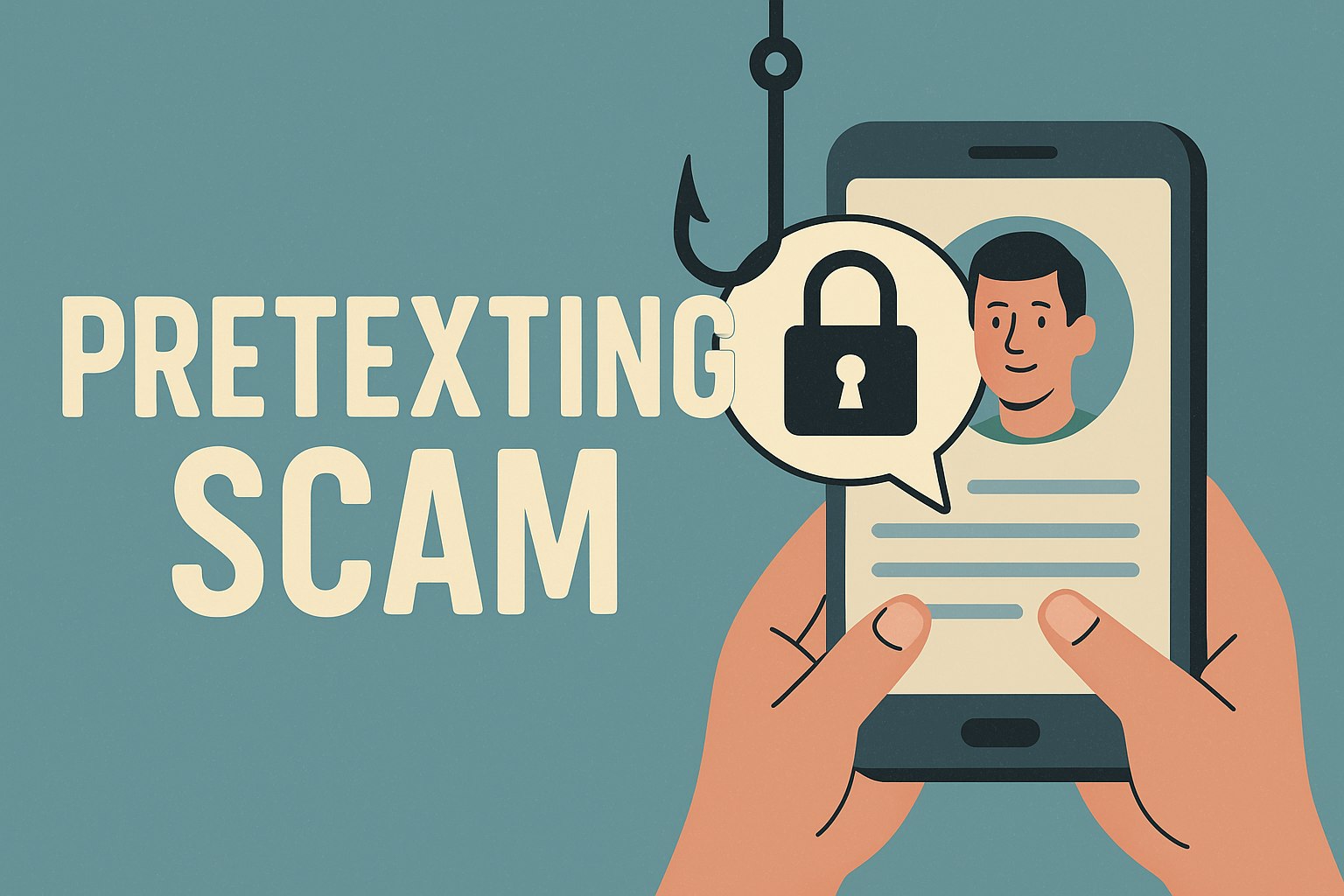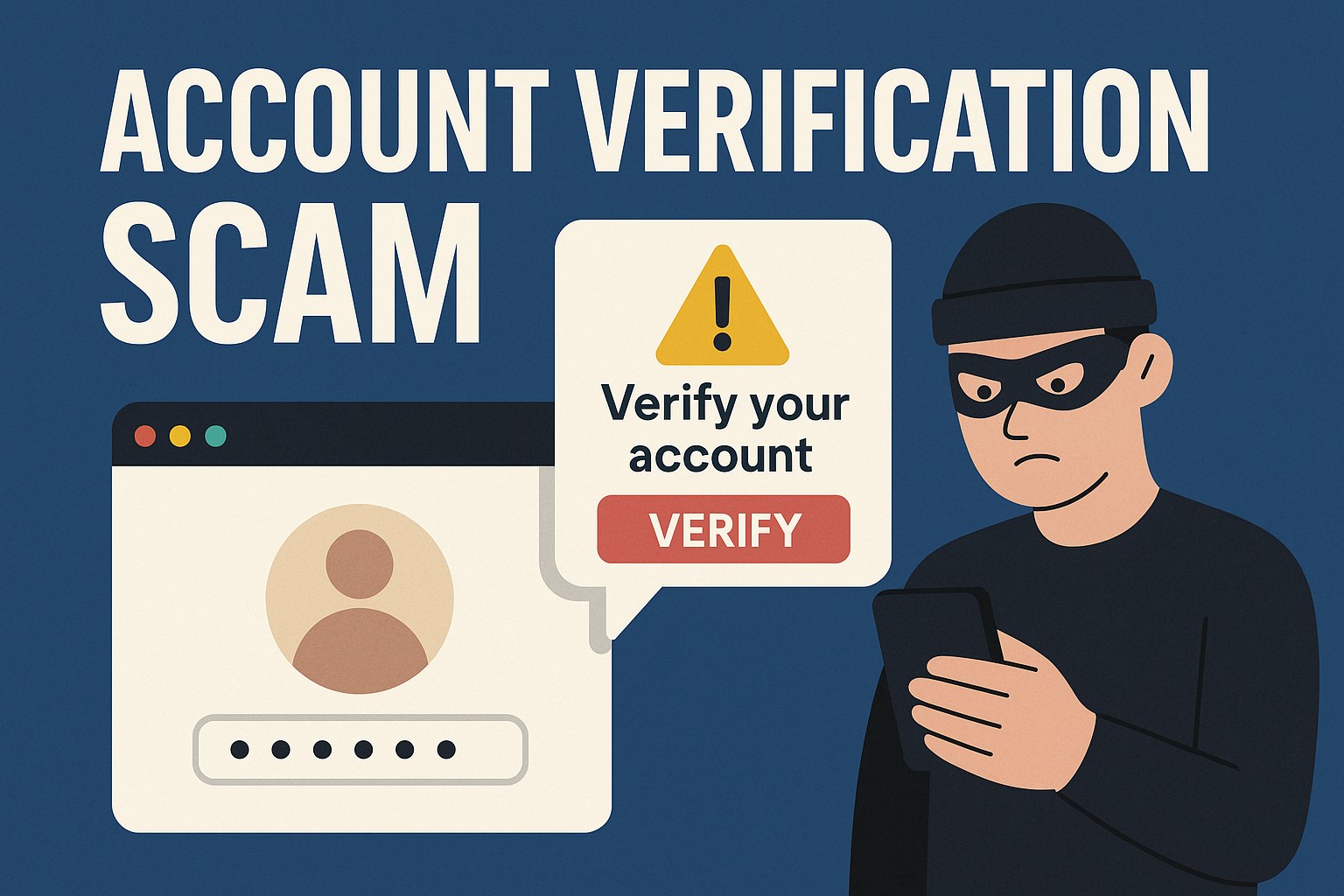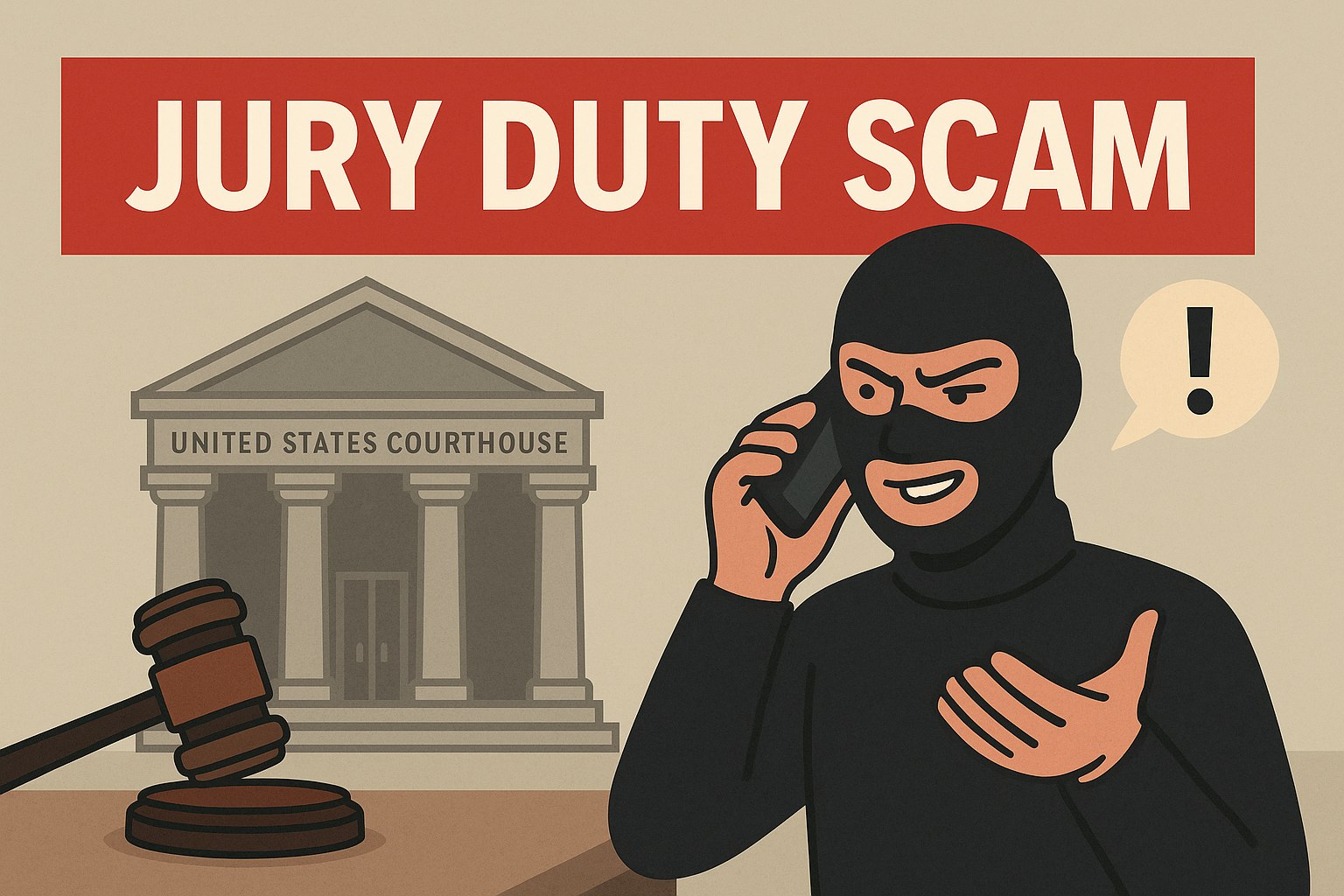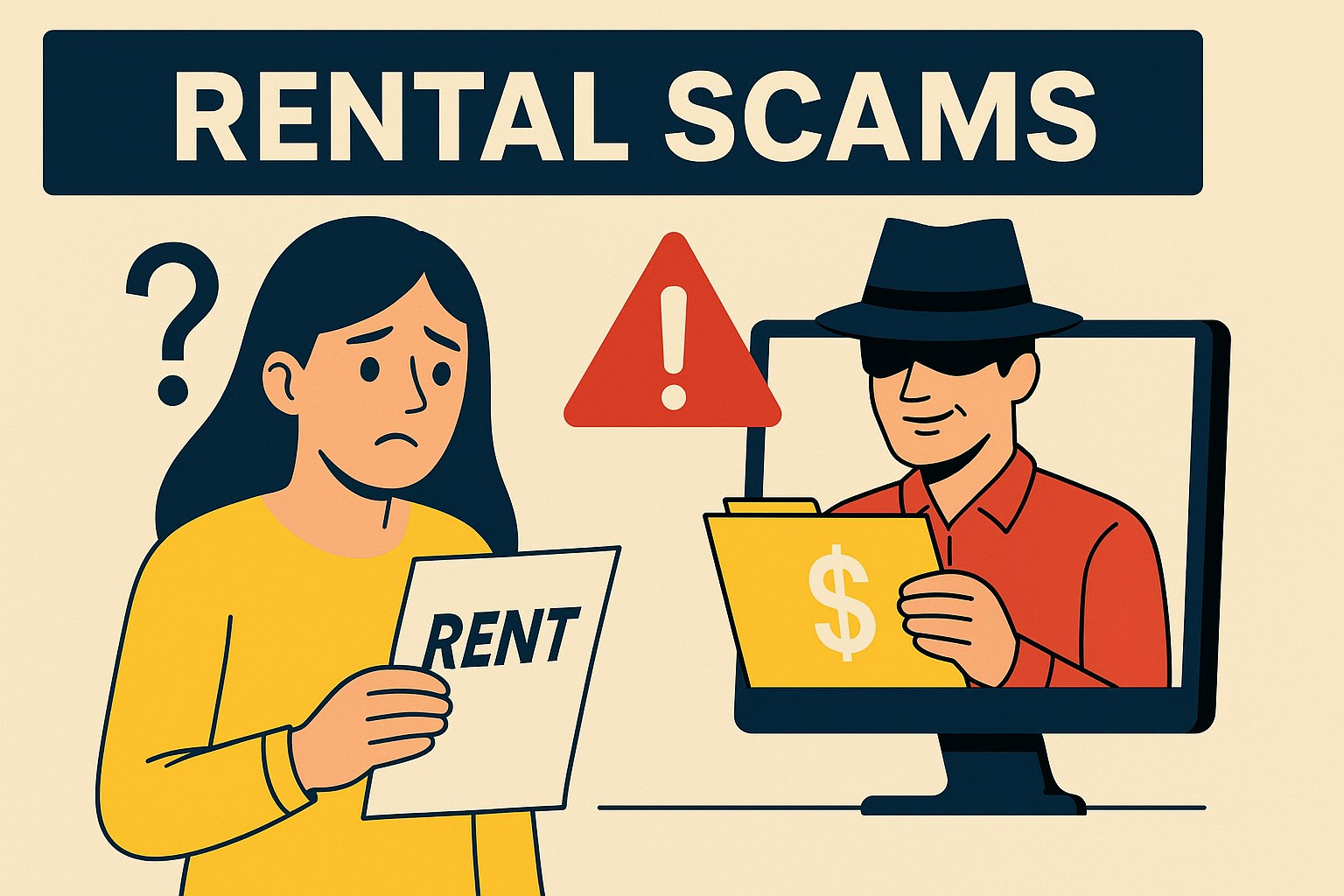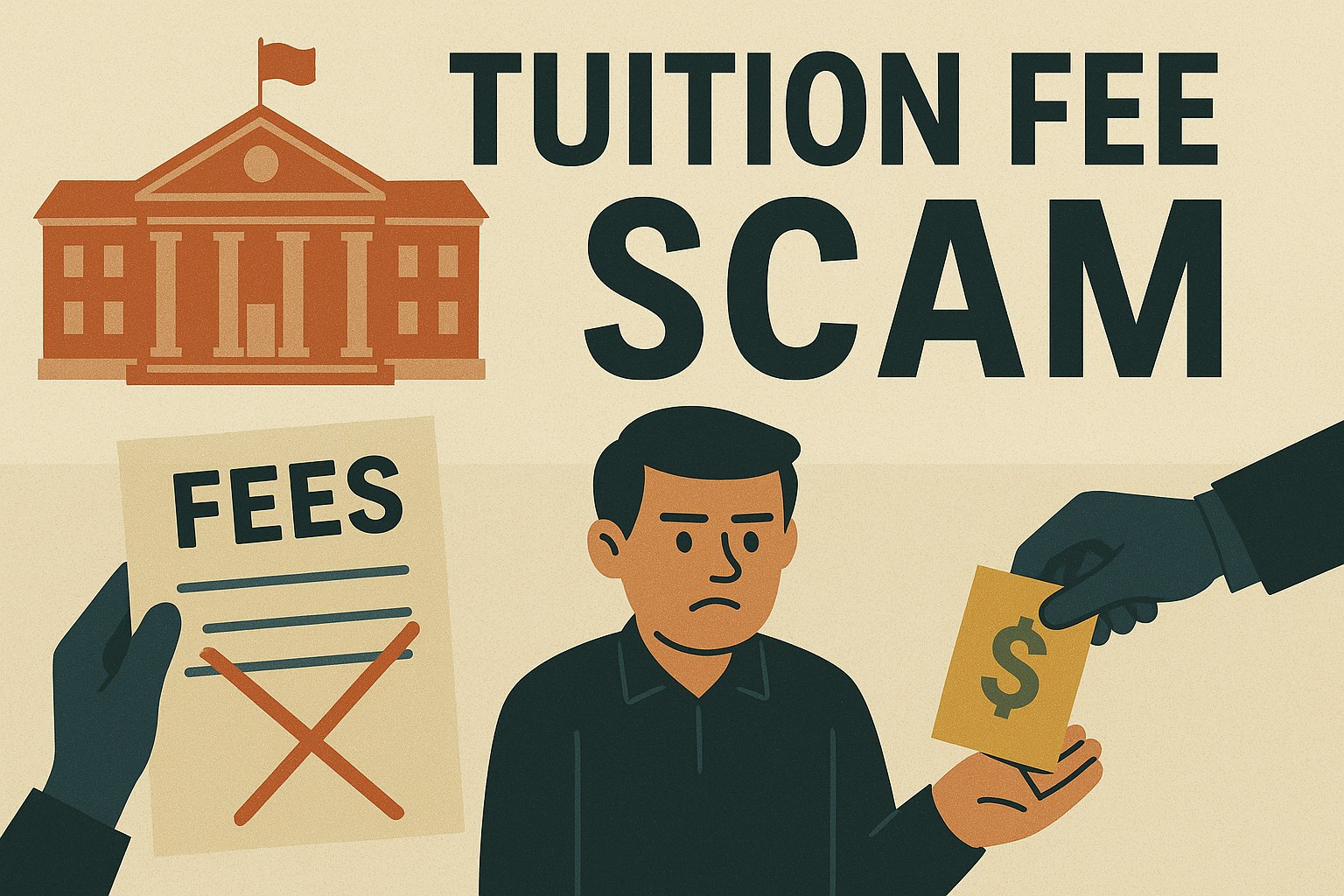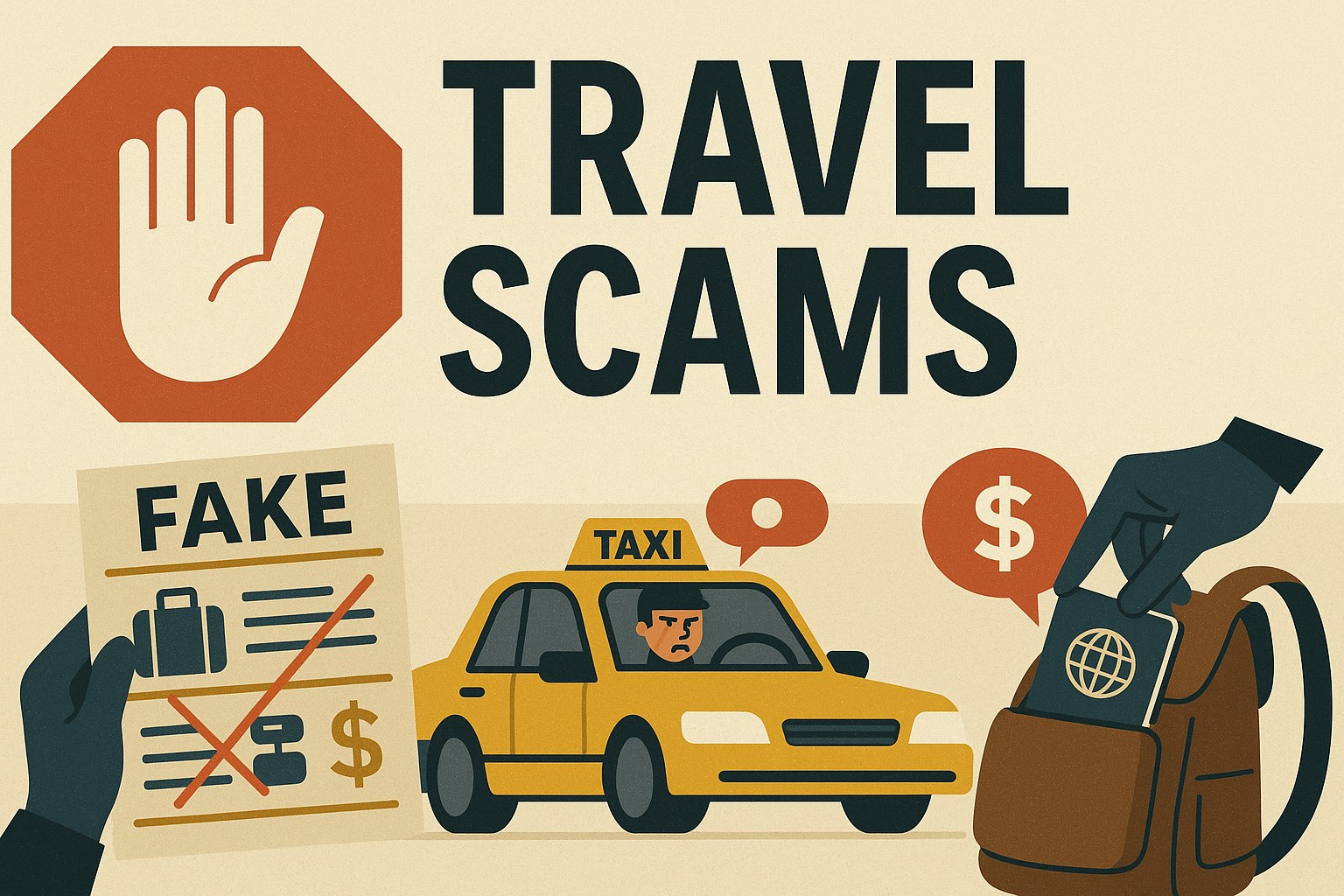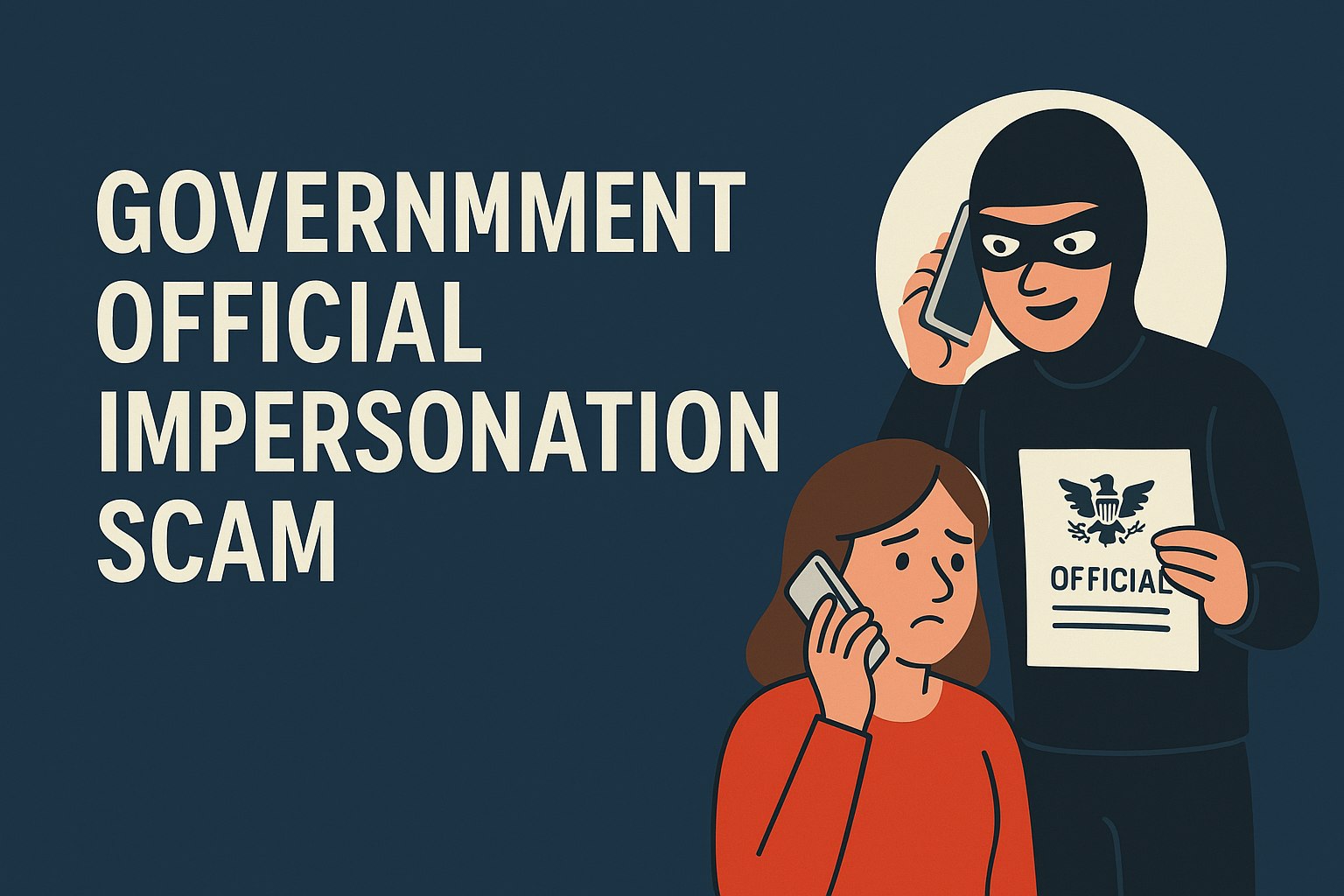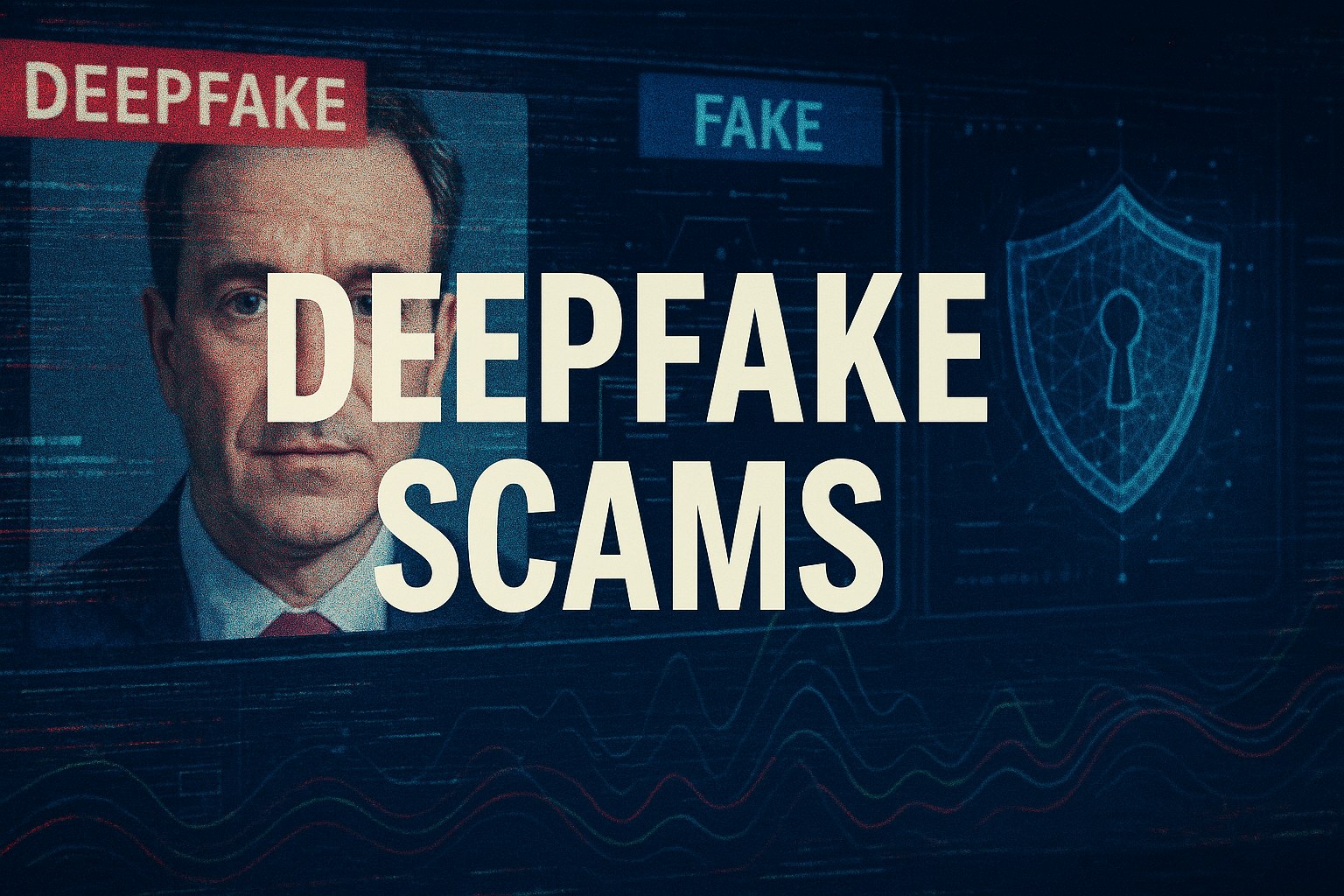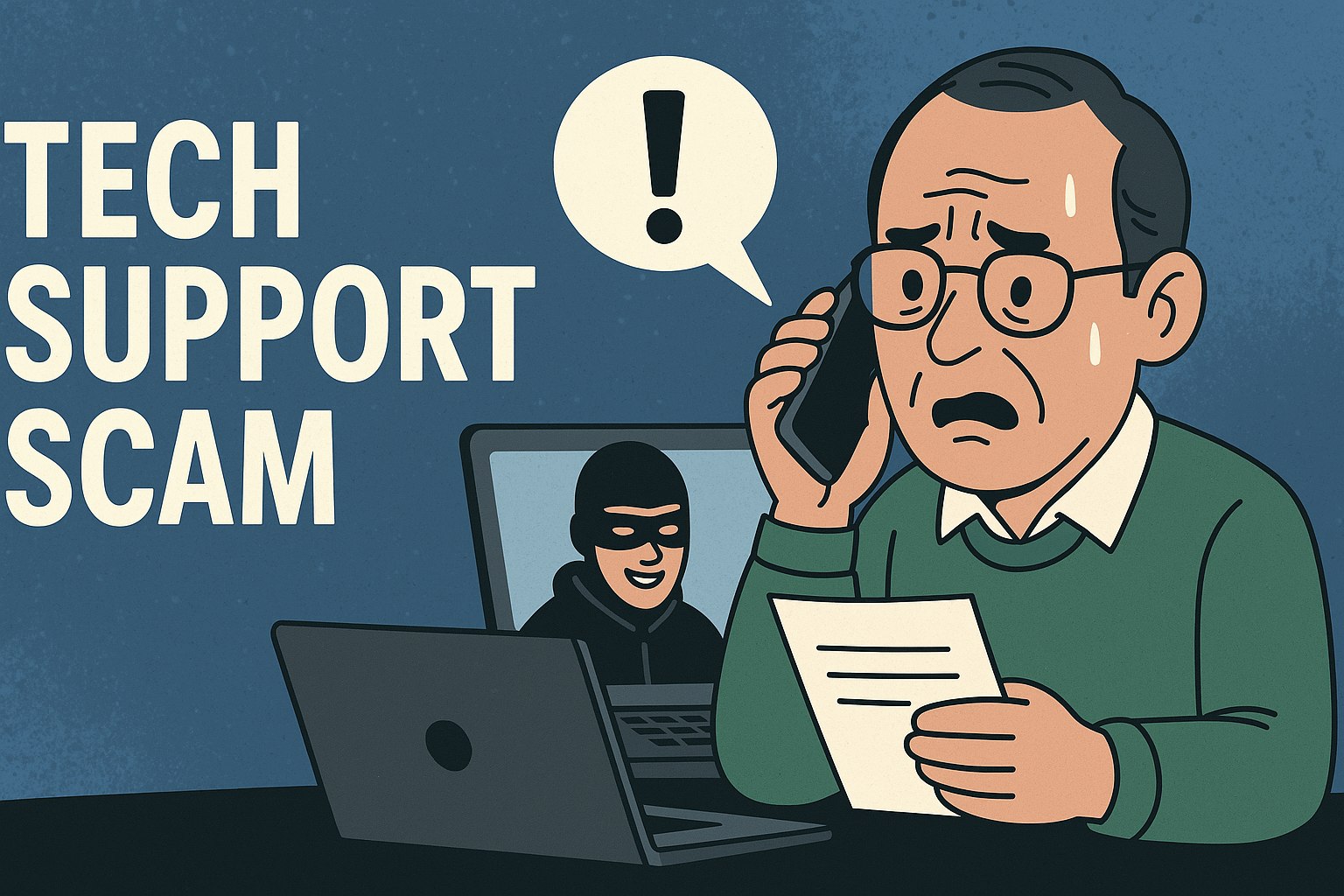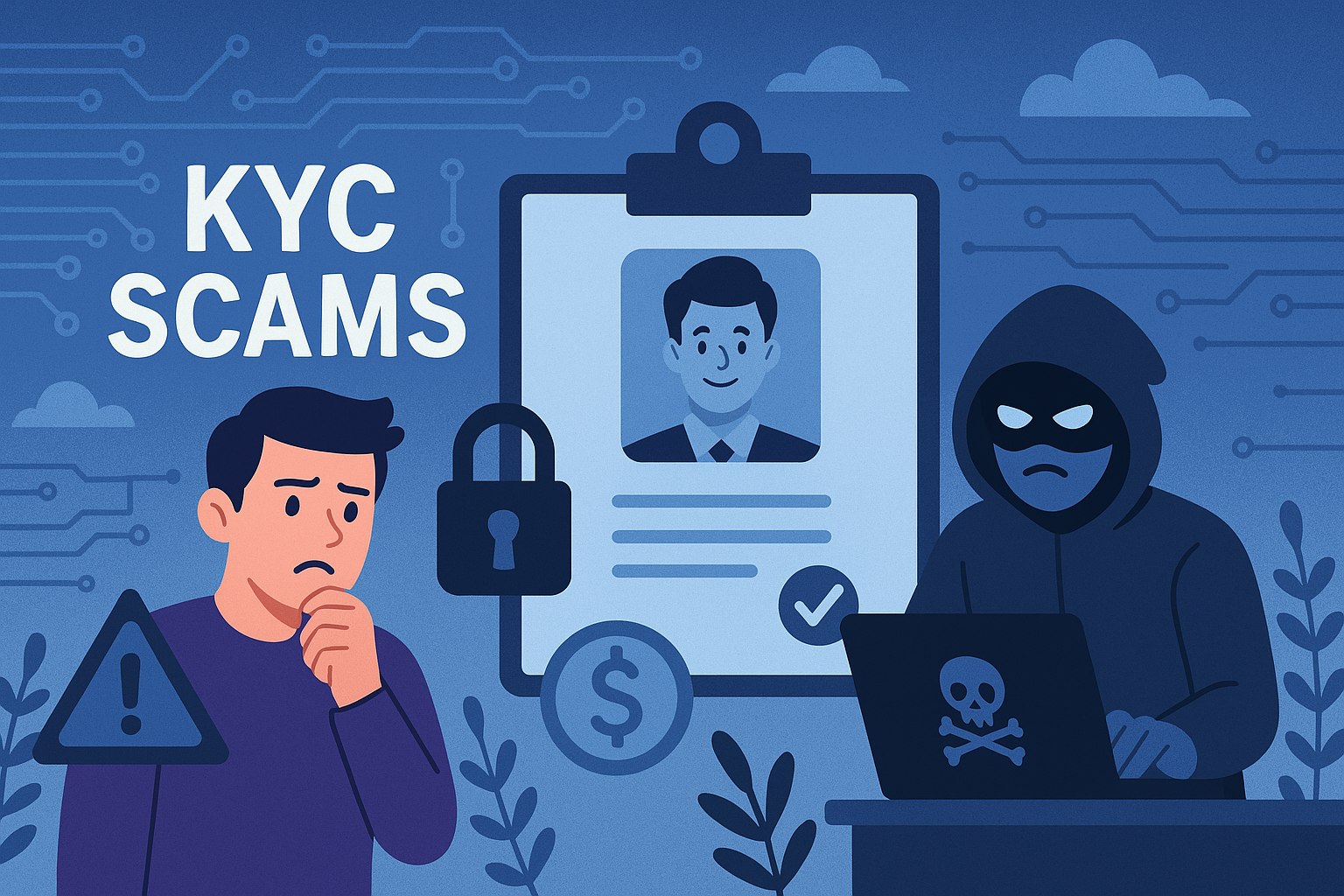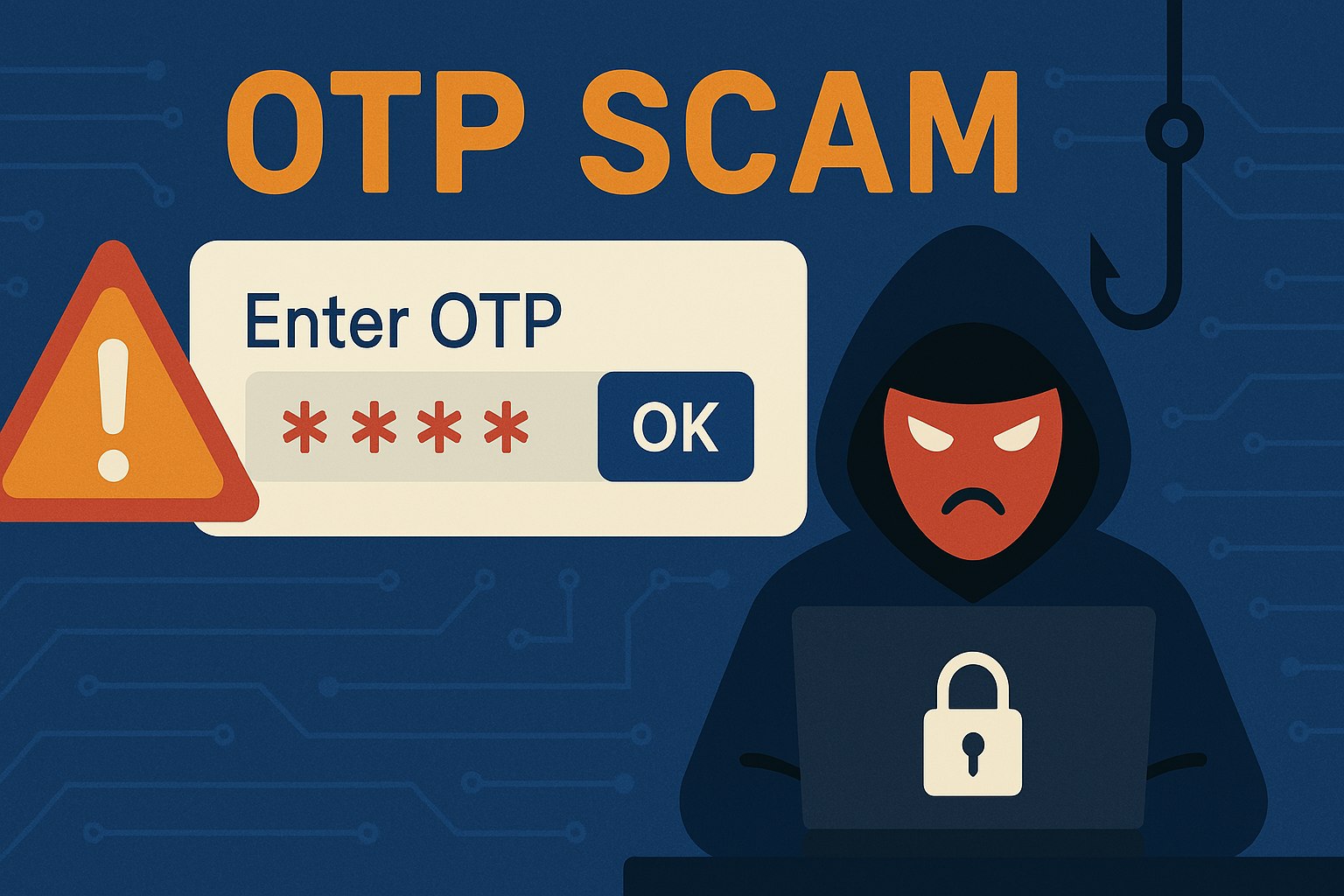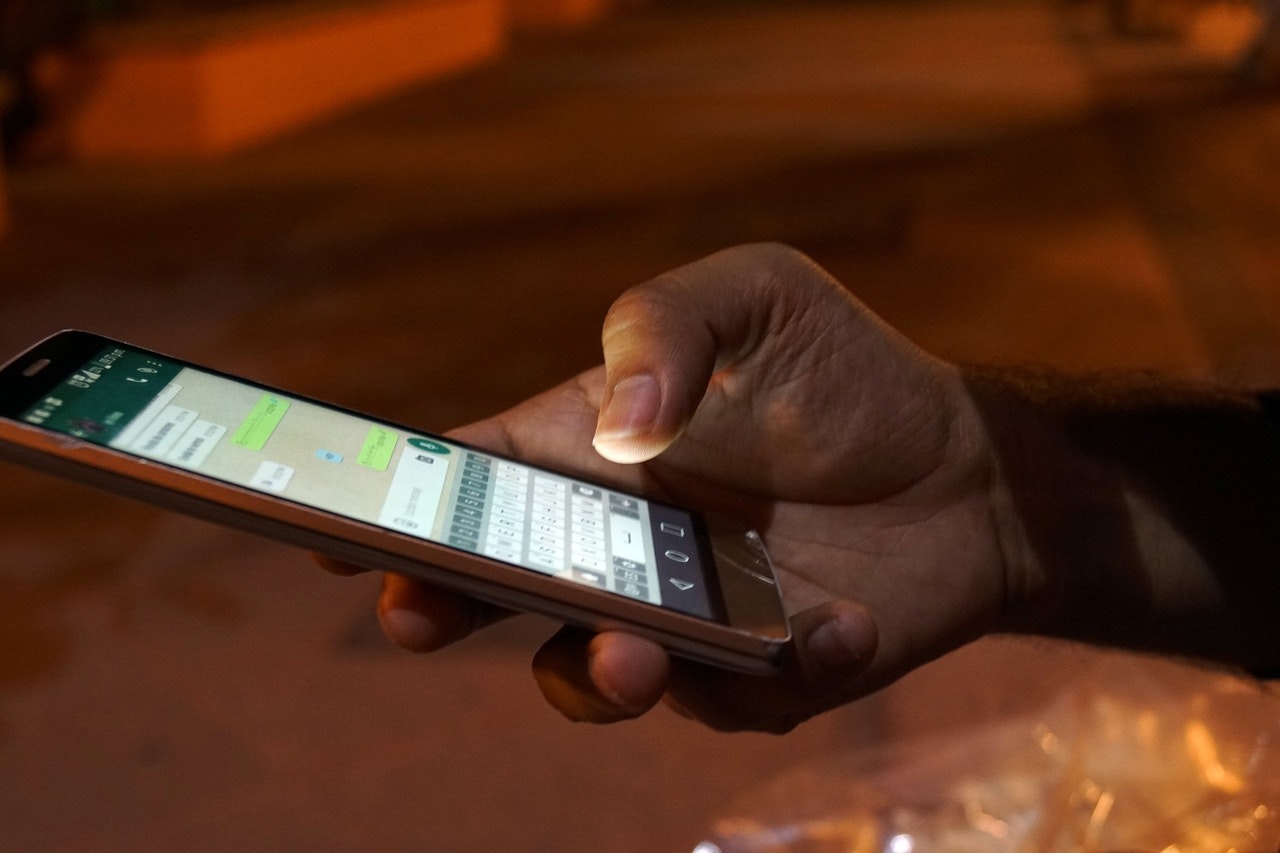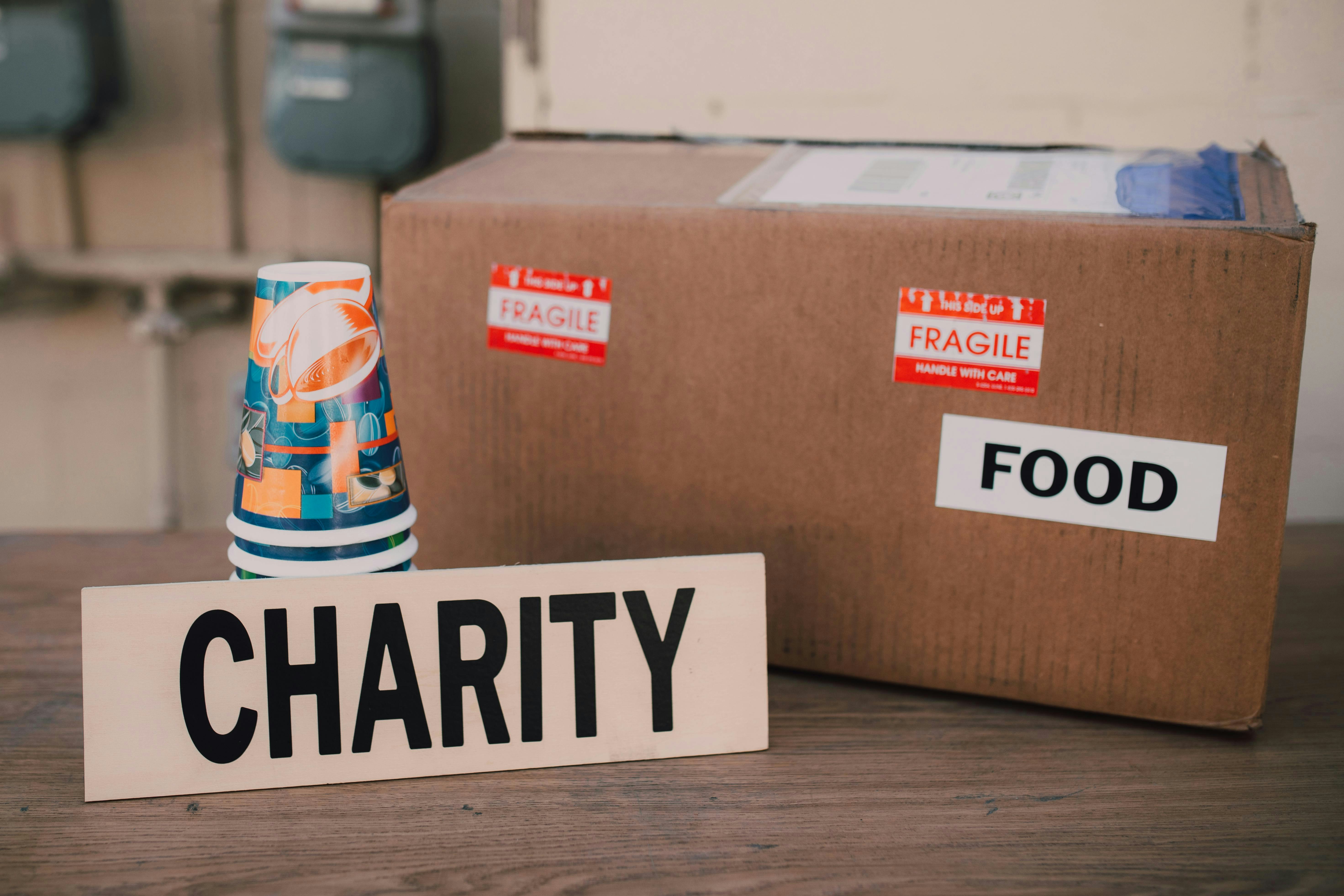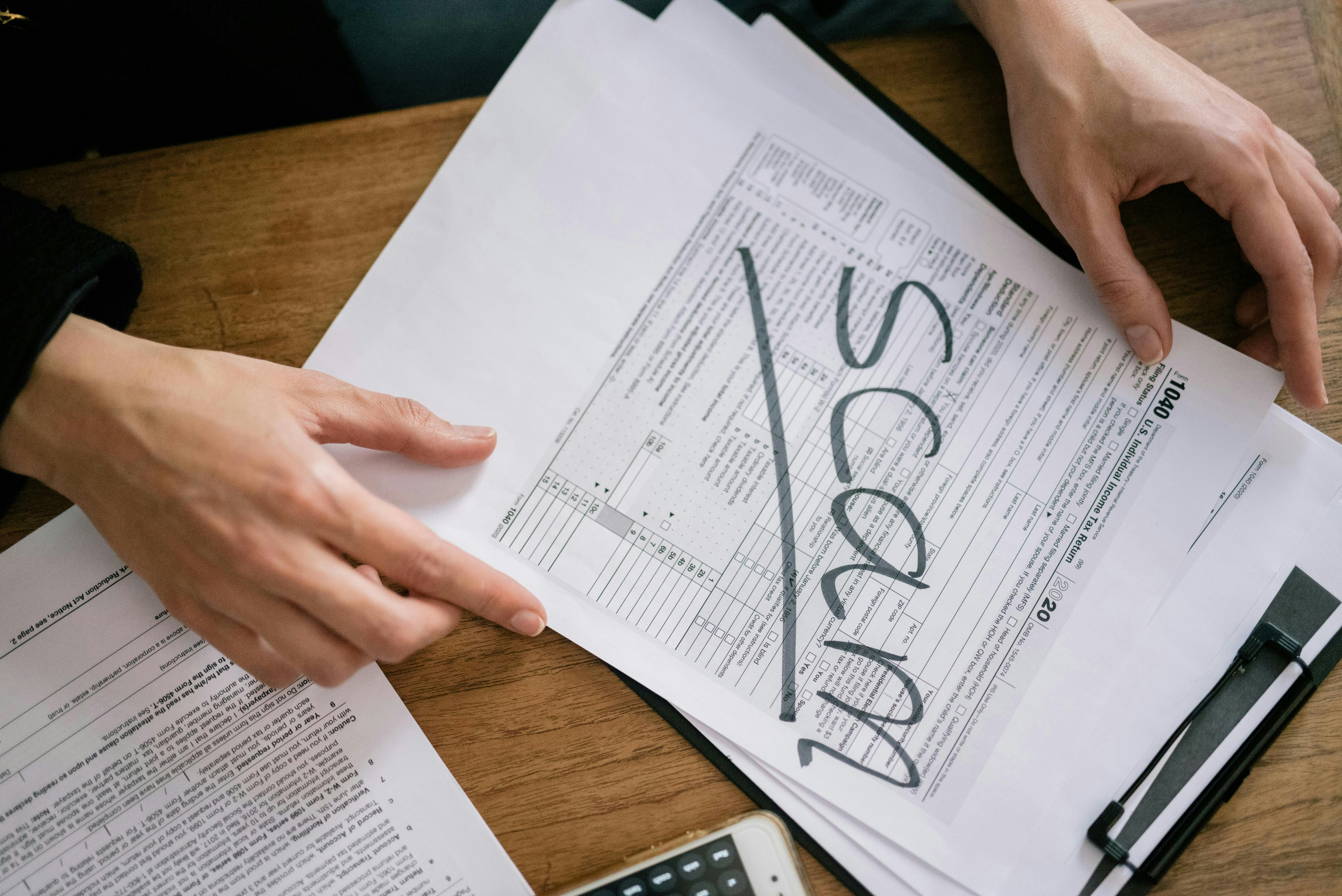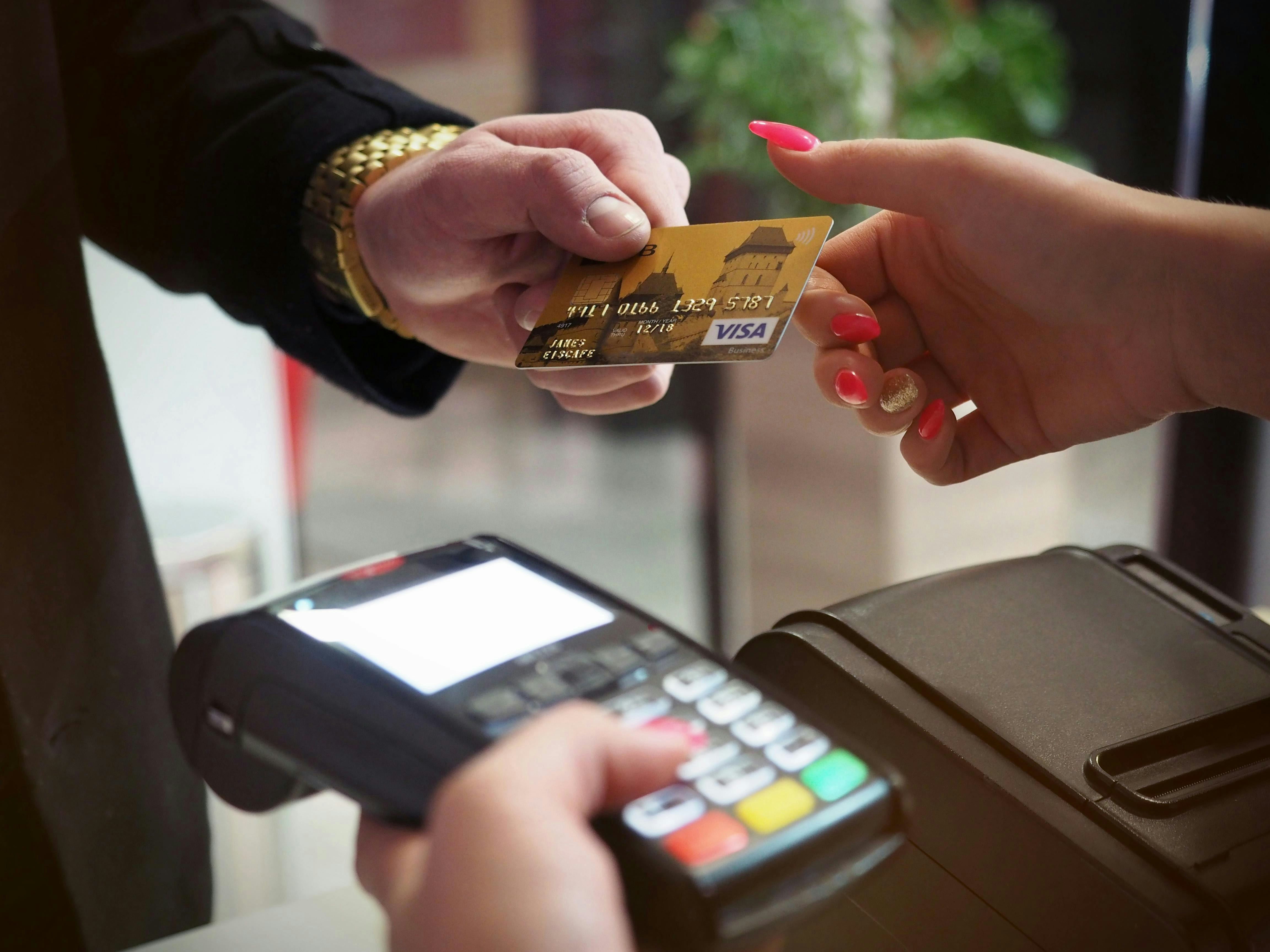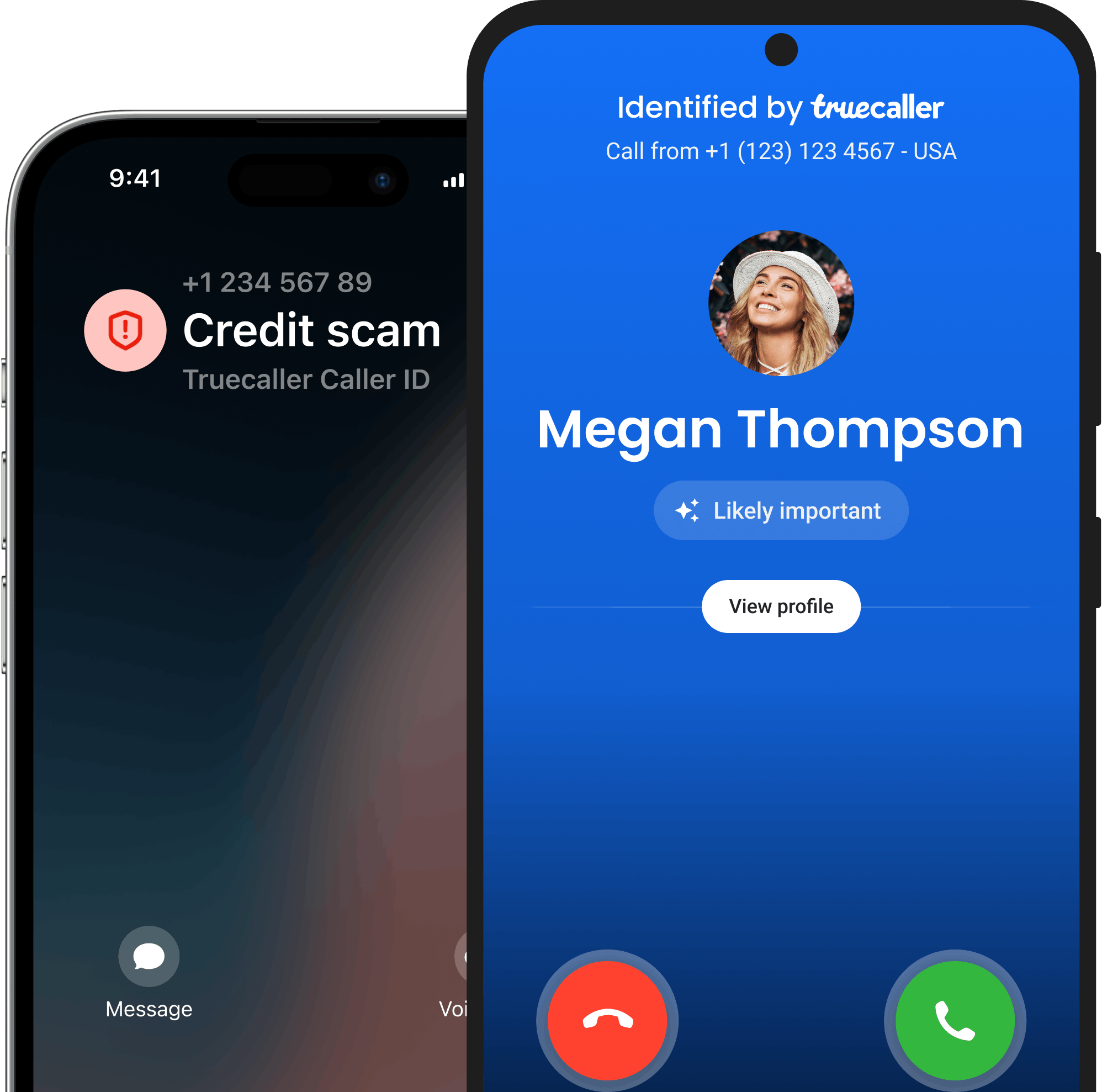
Package Delivery Scams
What is package delivery scam?
Since online shopping has become the new normal, scammers have found new ways to trick people out of their money by package delivery scams. The trust that people once had in courier services and delivery partners has been damaged by fraudsters using various tactics to commit fraud. These scammers take advantage of the convenience of online shopping to deceive both customers and sellers, making it more important than ever to stay cautious when dealing with deliveries and payments
Common package delivery scams
Suspicious emails, texts, or phone calls are common ways scammers lure people into clicking on malicious links, often for address updates. This is a widespread scam in countries like the USA, Canada, and India. In the USA, scammers create fake websites imitating USPS (United States Postal Service) to trick people into paying for services that are actually free. Similarly, in Canada, fraudsters impersonate Canada Post via calls or emails, claiming fake fees for address updates.
In both India and Singapore, scammers use fake links that appear to be from official postal services, like India Post and SingPost, urging people to update their addresses. These links often look legitimate, but when clicked, they lead to fraudulent websites designed to steal personal information and money from victims' bank accounts.
If an individual receives a package from an unknown source, it could be a brushing scam. Common in the USA and India, the brushing scam involves individuals unexpectedly receiving a package from an international third-party seller. These packages contain cheap products and have the individual's name and address, but no return address. Scammers do this to post fake positive reviews under the recipient’s name, making it appear that a real buyer wrote the review. While this scam may not result in direct financial loss, it could indicate a data breach. Individuals should remain cautious and review the security of their personal information.
One of the common ways used by the scammers for parcel delivery scamming is impersonating a delivery agent from an e-commerce organisation. The delivery agent claims that you have a package that requires payment, often banking on the fact that you might be expecting a delivery. If you're not expecting a parcel delivery, they show a fake list with your name and address. People often assume a family member placed the order, so they go ahead and make the payment. If you're expecting a prepaid delivery, the scammer claims the payment wasn’t received and insists you pay again, promising a refund from the e-commerce company later. Such scams are common in countries like India and Singapore.
Often, the recipient refuses the delivery, insisting they haven’t ordered anything. The scammer then pretends to reschedule or cancel the delivery and asks for an OTP to complete the fake request. If the recipient shares it, fraudsters hack their phones and steal their personal information.
This scam is possibly carried out by people working closely with real delivery agents, as they have access to your order details, name, and address. A fake delivery agent will show up with what appears to be your order and hand the package over to you. You assume it's what you ordered, but when you open the box, it’s filled with trash. Meanwhile, the order status shows as "delivered," but you never actually receive the real item. And it will be hard to prove to the e-commerce company that you never received the order.
The missed package delivery scam involves scammers leaving fake notices at your home or sending SMS messages, claiming that you missed a delivery. The notice seems to be from a legitimate service, but it's a trick to steal personal details. Victims are encouraged to call a number or click on malicious links, leading to requests for sensitive information like addresses and credit card details. The goal is to steal identities and money. Missed package delivery scams are very common in countries like the USA and UK.
Scammers may also pose as government officials or custom authorities, claiming that a package you sent has been intercepted by customs. They allege the package contains illegal substances and urge you to contact the authorities immediately, using pressure tactics to obtain your financial information and ultimately scam you out of money.
How to prevent package delivery scams
If you're unsure about a delivery, always check your order status directly on the retailer's or courier service's official website. Use the tracking number provided to confirm delivery details.
If you haven't placed an order, check with family members to see if they have, before taking any action on unexpected deliveries.
Never click on links sent via email or SMS asking you to update your address or provide personal information. These links may be malicious and designed to steal your sensitive data. Always verify your order or delivery status on the official website where you made your purchase. It’s a good practice to use Truecaller to check unknown numbers, spot scammers, and report suspicious contacts for the safety of others.
Where to report a package delivery scam
If you've fallen victim to a package delivery scam, here are the agencies where you should file a report right away. Acting quickly increases your chances of getting your money back.
- Ecommerce portals from where the product was ordered
- Customer care of courier service
- For suspicious packages through USPS or unsolicited delivery text: www.uspis.gov
- Federal Trade Commission (FTC): You can file a complaint with the FTC online at https://www.ftccomplaintassistant.gov/
- Internet Crime Complaint Center (IC3): You can file a complaint with the IC3 at https://www.ic3.gov/
- Cyber Fraud Task Force (CFTF) in field offices: https://www.secretservice.gov/contact/field-offices
- Identity Theft Resource Center (ITRC): https://www.idtheftcenter.org/
- America’s cyber defence agency: https://www.cisa.gov/
Reporting the scam on Truecaller will help prevent others from becoming victims.
If you've fallen victim to a package delivery scam, here are the agencies where you should file a report right away. Acting quickly increases your chances of getting your money back.
- Customer care of Ecommerce portals from where the product was ordered
- Customer care of courier service
- For immediate assistance and guidance on cyber fraud, call 1930 (toll-free)
- File a cyber crime report on
https://cybercrime.gov.in/ or
https://sancharsaathi.gov.in/sfc/Home/sfc-complaint.jsp - Access the list of state-wise nodal officers and their contact details from
https://cybercrime.gov.in/Webform/Crime_NodalGrivanceList.aspx
Reporting the scam on Truecaller will help prevent others from becoming victims.
If you've fallen victim to a package delivery scam, here are the agencies where you should file a report right away. Acting quickly increases your chances of getting your money back.
- CSA Singapore: https://www.csa.gov.sg/cyber-aid
- File a police report at https://eservices1.police.gov.sg
Reporting the scam on Truecaller will help prevent others from becoming victims.
If you've fallen victim to a package delivery scam, here are the agencies where you should file a report right away. Acting quickly increases your chances of getting your money back.
- Police Special Fraud Unit (PSFU)
Email: report@specialfraudunit.org.ng, pro@specialfraudunit.org.ng
Whatsapp: 08127609914
Voice Call/SMS: 07082276895
Social Media: Facebook - Economic and Financial Crimes Commission (EFCC)
Email: info@efcc.gov.ng
Phone number: +234 8093322644, +234 (9) 9044751
Social Media: Facebook, Twitter, Instagram - Independent Corrupt Practices Commission (ICPC)
Email: info@icpc.gov.ng
Phone number: 08076369259, 08076369260
Social Media: Instagram, Twitter, Facebook
Reporting the scam on Truecaller will help prevent others from becoming victims.
If you've fallen victim to a package delivery scam, here are the agencies where you should file a report right away. Acting quickly increases your chances of getting your money back.
- Action fraud: https://www.actionfraud.police.uk/charities
- Fundraising regulator: https://www.fundraisingregulator.org.uk/complaints
- GOV.UK: https://www.gov.uk/report-suspicious-emails-websites-phishing
- National cyber security centre: https://www.ncsc.gov.uk/
Reporting the scam on Truecaller will help prevent others from becoming victims.
Conclusion
Package delivery scams have become harder to detect due to the high volume of orders we receive daily and limited time to review them. However, a few precautions can help you stay safe. Always use official channels for delivery and payment. Be cautious of unsolicited links in SMS, texts, or emails. If you're unsure about a delivery or payment, verify the details directly on the official website. Be careful with OTPs and only share them with trusted sources. If possible, keep track of all your deliveries to avoid being scammed.
